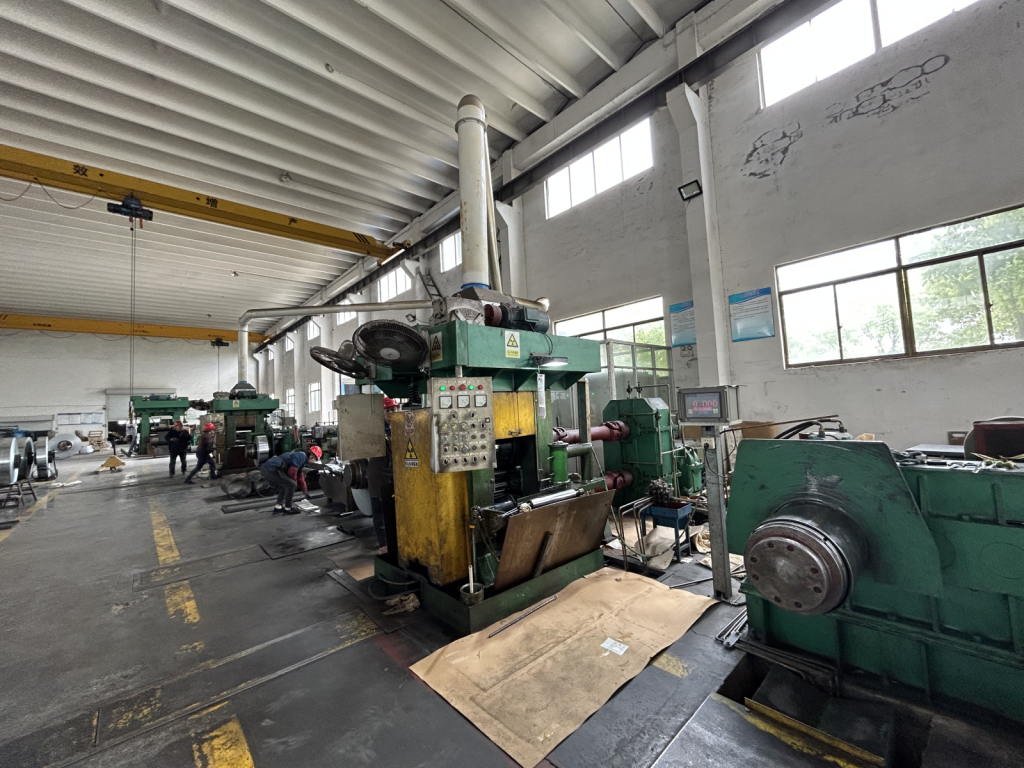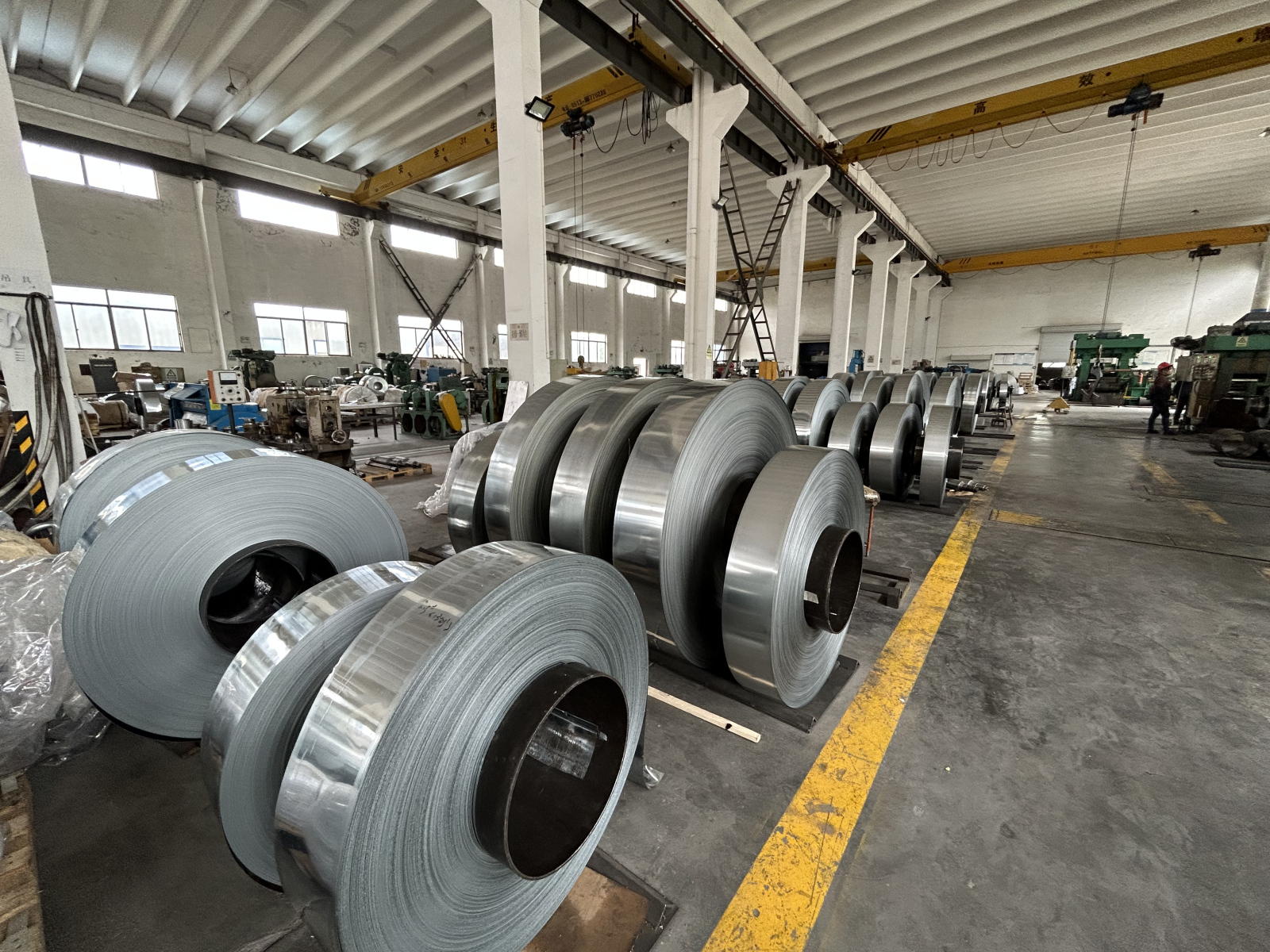Zinc alloys are widely used in various manufacturing industries due to their unique combination of properties and versatility. This article delves into the world of zinc alloys, discussing their composition, properties, and the advantages they offer in the manufacturing process. By understanding the characteristics of zinc alloys, manufacturers can make informed decisions regarding their selection and utilization in different applications.
What is a Zinc Alloy?

A zinc alloy is a metallic material composed primarily of zinc, along with other alloying elements. These alloys are created by combining zinc with different metals, such as aluminum, copper, magnesium, and tin, to achieve specific properties and enhance their performance in various manufacturing processes.
Top 4 Properties of Zinc Alloy
Zinc alloys exhibit a range of desirable properties that make them valuable in manufacturing. Here are some key properties of zinc alloys:
- Low Melting Point: Zinc alloys have a relatively low melting point, making them easy to cast and mold. This characteristic allows for cost-effective manufacturing processes such as die casting and injection molding, where the alloy can be melted and shaped into intricate designs with high precision.
- Good Flowability: Zinc alloys have excellent flow properties, ensuring smooth filling of molds and intricate cavities during casting processes. Their low viscosity when melted allows the material to flow easily into complex shapes, resulting in accurate and detailed finished products.
- High Strength: Despite their low density, zinc alloys offer impressive strength and hardness. The addition of alloying elements enhances the mechanical properties of the alloys, making them suitable for applications requiring structural integrity and durability.
- Corrosion Resistance: Zinc alloys possess inherent corrosion resistance, particularly when exposed to atmospheric conditions. The formation of a protective oxide layer on the surface of the alloy acts as a barrier, preventing the underlying metal from corroding. This property extends the lifespan of products made from zinc alloys, making them suitable for outdoor and corrosive environments.
Properties of Zinc Alloy
| Property | Description |
|---|---|
| Low Melting Point | Easy casting and |
| molding processes | |
| Good Flowability | Smooth filling of molds |
| and intricate cavities | |
| High Strength | Structural integrity |
| and durability | |
| Corrosion Resistance | Protection against |
| atmospheric corrosion |
5 Advantages of Using Zinc Alloy in Manufacturing
Utilizing zinc alloys in the manufacturing process offers several advantages. Here are some key benefits:
- Cost-Effective: Zinc is abundant and relatively low-cost, making zinc alloys an economical choice for manufacturing. The low melting point of zinc alloys reduces energy consumption during production, and their good flowability allows for efficient material usage, minimizing waste.
- Design Flexibility: Zinc alloys are highly versatile and can be cast into intricate shapes and complex geometries. Their excellent flowability and moldability enable the production of products with intricate details, thin walls, and fine features. This design flexibility opens up possibilities for innovative and aesthetically pleasing products.
- Rapid Production: The low melting point of zinc alloys allows for fast production cycles. The quick cooling and solidification of the alloy after casting result in shorter production times compared to other materials. This advantage is particularly beneficial for high-volume manufacturing, where efficiency and productivity are crucial.
- Enhanced Surface Finish: Zinc alloys exhibit excellent surface finish characteristics, requiring minimal post-processing or surface treatment. The alloys can achieve smooth and polished surfaces, reducing the need for additional finishing operations, saving time, and lowering production costs.
- Eco-Friendly: Zinc alloys are recyclable, contributing to sustainable manufacturing practices. The ease of recycling zinc alloys reduces waste and conserves resources, making them an environmentally friendly choice for manufacturers.
Conclusion
Zinc alloys offer a range of desirable properties and advantages in the manufacturing industry. With their low melting point, good flowability, high strength, and corrosion resistance, zinc alloys are suitable for various applications. Their cost-effectiveness, design flexibility, rapid production capabilities, enhanced surface finish, and eco-friendly characteristics make them a preferred choice for manufacturers across different sectors. By harnessing the unique properties of zinc alloys, manufacturers can produce high-quality products efficiently and sustainably.
